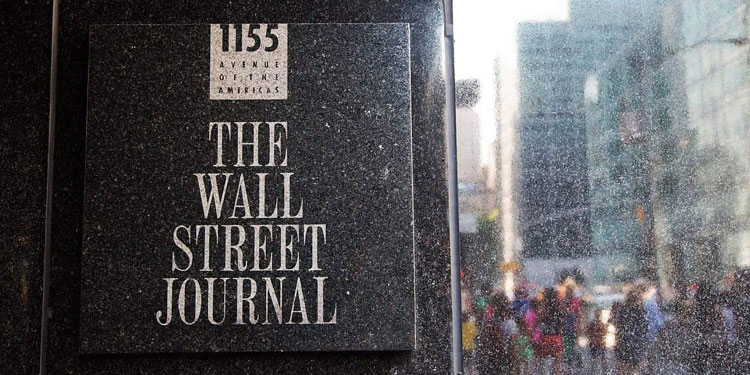 The Wall Street Journal has identified an alarming number of ICO scams in its investigation, which was backed by the US SEC through a press release. The report concluded that as many as 18.6% of 1500 initial coin offerings, which tapped market in May 2017, raised “red flags”.
The Wall Street Journal has identified an alarming number of ICO scams in its investigation, which was backed by the US SEC through a press release. The report concluded that as many as 18.6% of 1500 initial coin offerings, which tapped market in May 2017, raised “red flags”.
Cryptocurrency ICOs are often blamed for using deceptive tactics, including promise of guaranteed returns, deep discounts, and claims of a path breaking technology, etc. In particular, the WSJ reviewed 1,450 ICOs and identified 271 offers with “deceptive and fraudulent tactics”. The journal also stated that some of them are providing fake information regarding their location and ownership, and even use plagiarized white papers.
According to the report, a few of the 271 suspicious players have already shut down and regulators are slapping lawsuits in an attempt to recover as much as $273 million in lost funds. The SEC has already commenced action against bad actors in the cryptocurrency arena. However, much needs to be done in order to reinstate confidence in the minds of investors. The scams, as cryptocurrency specialists have pointed out, will have a negative impact on innovations in blockchain technology.
Notably, the co-founder of Denaro, an online exchange portal, has claimed to have raised more than $8.3 million for his cryptocurrency project. However, the whereabouts of Jeremy Boker, the co-founder of Denaro is unknown. As many as 121 projects have not disclosed their employee names, according to the report.
At least 271 real ICO scams uncovered by @WSJ – kudos to @SEC_News for working to get ahead of this with https://t.co/s7Zz6itPRV. Hopefully more consumers land on their site instead. https://t.co/XJG9OqNMwX
— Brad Garlinghouse (@bgarlinghouse) May 17, 2018
Brad Garlinghouse, the CEO of Ripple said
“When it comes to ‘white papers’, they are everything important and it is definitely not okay to copy these codes of information that presents the problem along with their solutions to it. WSJ was capable of identifying such 111 copied programming languages from other white papers.”
However, Zhao Changpeng, CEO of the world’s largest cryptocurrency exchange Binance, argues that scam exists everywhere. In his blog post praising ICOs as an easy way to raise money for projects, Changpeng says
“Scams exist everywhere, in every industry. I still receive phone calls and SMS telling me I won a grand prize, but I need to make a bank transfer to someone first. Does that mean we should stop using phones, SMS, and banks?”
Ultimately, we believe that leaders in the crypto industry would come forward to set up a self-regulatory organization that would oversee the issue of ICOs.








